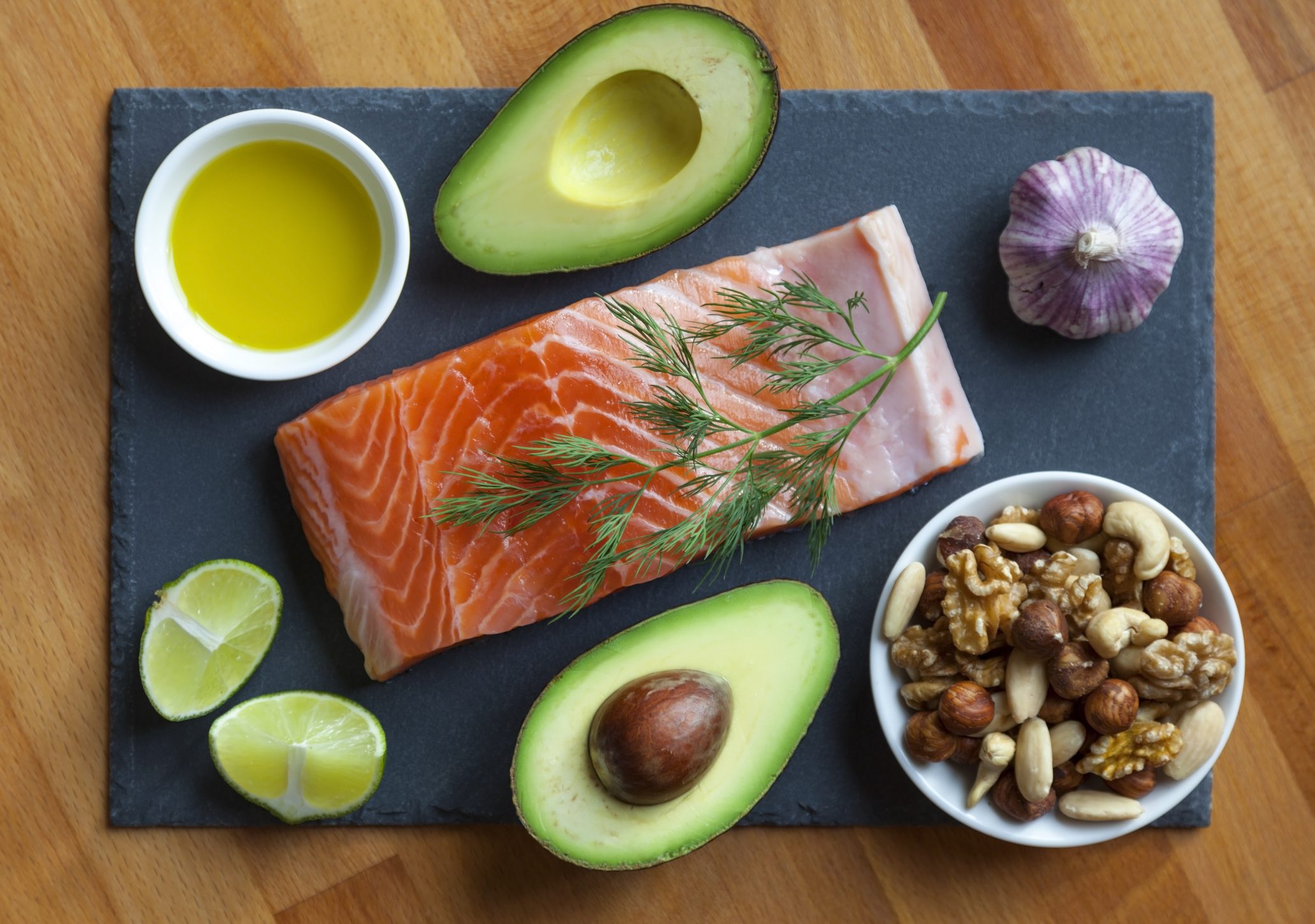Myths pertaining to eating a low-carb diet
Here we are solving some of the popular myths associated with this diet.
;)
Read on to know about various myths associated with a low-carb diet!
There are many myths and misinformation associated with eating a low-carb diet. Here we are solving some of the popular myths associated with this diet.
It’s a fad diet
Low-carb diet is not a crash diet and there are many scientific benefits associated with it. Most of the fad diets are effective only for a short term but low-carb diet has been going strong for decades.
It is unsustainable

Some people claim that low-carb diets are hard to stick to for a long duration. However, there are scientific studies which prove that this diet is quite sustainable than most of the calorie-restricted diets.
It mostly helps to lose water weight
There are studies to support that the low-carb diet helps to lose both excess water weight and body fat.
Unhealthy for the heart

This diet is high in fat, including both cholesterol and saturated fat, which why many people claim it to be unhealthy for the heart. However, studies suggest that low-carb diets do not increase the risk of heart disease and instead offer many other health benefits.
It results in reduced calorie intake
Most people associate weight loss on a low-carb diet to reduced calorie intake. But in reality, a low-carb diet leads people to eat less as they feel perpetually full without controlling their food portion and counting calories.
It reduces the intake of plant food

Low-carb diet in no way promotes cutting down of plant food. In fact, one can eat plenty of plant-based low carb foods while following this diet.
It results in harmful ketosis
Ketosis is unrelated to ketoacidosis (which is a very serious condition that can also turn fatal) and consuming a very low-carb diet drives our body to ketosis (which is a beneficial metabolic state).
It deprives the brain of carbs

It is believed that our brain is badly affected in the absence of dietary carbs as carbs are the preferred fuel for the brain to function. However, in the absence of carbs your body can very well adapt for the brain to function properly and fuel it adequately by triggering various other physiological functions.
It affects physical performance
There are many studies that support the consumption of a low-carb diet for endurance exercise, improved muscle mass, and increased strength.
;Resize,width=767;)
;Resize,width=712;)
;Resize,width=712;)
;Resize,width=712;)
